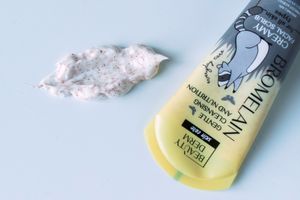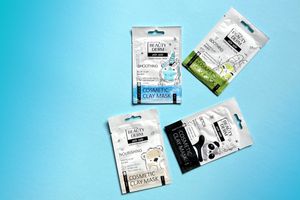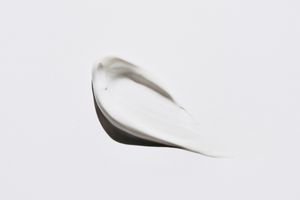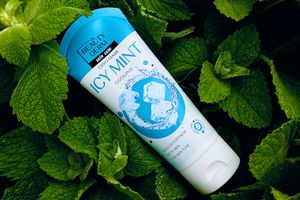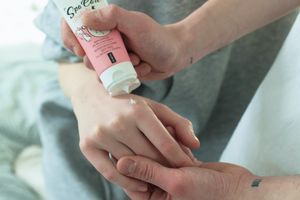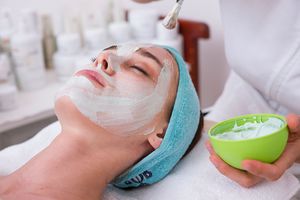Skin is not only the largest organ of our body, but also a reflection of our health and emotional state. Stress, as you know, has a huge impact on our physical and mental well-being. One of the manifestations of its effect on the body can be the deterioration of the skin and the appearance of acne.
When a person experiences stress, his body produces more cortisol - the stress hormone. It can contribute to an increase in the secretion of sebum, which blocks skin pores, which in turn contributes to the development of acne.
Also, stress can lead to a decrease in immunity, without which the skin becomes more vulnerable to bacteria that contribute to the development of inflammatory elements on the body.
What can be done to reduce the effects of stress on the skin?
1. Regular sleep and rest
Ensuring quality and regular sleep can help reduce stress levels, improve the general condition of the body and, accordingly, the condition of the skin.
2. Relaxation exercises and meditation
Relaxation techniques, meditation, yoga and breathing exercises help reduce stress and improve skin condition.
3. A balanced food diet
Food rich in antioxidants and vitamins A, C, E will be useful for maintaining skin health and reducing vulnerability to stress.
4. Skin care
Regular skin care using non-irritating cleansers can help keep pores clear and prevent acne breakouts.
Stress can have a significant impact on the condition of our skin, but with the right approach, its negative impact can be reduced and skin health can be maintained at a high level.


















